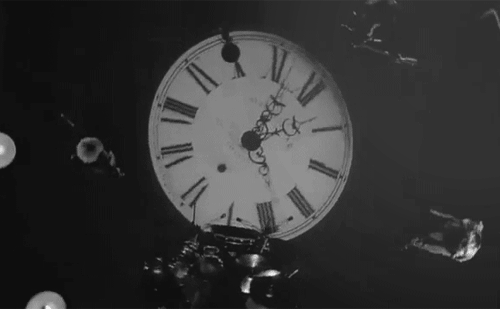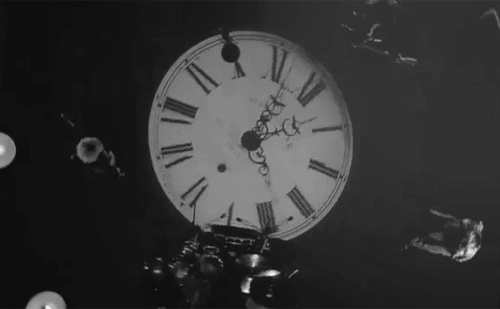I recently talked about how time travel to the past is unlikely to be possible. That came with the label that we haven’t found a law that tells us that it’s impossible just yet. We have hints, but no certainty.
So what if time travel was suddenly possible? Who should be using it? For what reason? And with what limits?
Let’s look at different scenarios.
The past is fixed (12 monkeys)
Now if the past is fixed then time travel has no consequences. Actually, time travel and travelers might be an integral part of how history unravels.
People would obviously go back in time to study history, solve mysteries and find more about humanity’s past. Obviously, there’s very little ethics to discuss there. Be good, be safe, stay out of the limelight.
But what would happen if somebody didn’t follow those rules? With a solid unchanging past, the time traveler’s crimes have already been committed, and can’t be changed. So the consequences must already exist in the present.
A ‘time police’ force that can deal with the rogue time travelers could bring them to justice. They couldn’t stop the crimes, but for sure, they could administer a punishment.
But if we want ethics, answer this: if you could do a small immoral or illegal act with the intention of bothering an evil figure from history (like stealing a wallet from somebody) should you do it?
The past is constantly changing (Back to the Future, Terminator)
If the past can be rewritten then we are in big trouble. Because somebody at some point could discover time travel, and things would get messy.
Every action would cause ripple effects that couldn’t be predicted. I don’t think we Sapiens have the ability to deal with such an outcome.
No matter how careful we might think we are, a simple jump to the past could alter the entire course of our history.
The standard time travel example is ‘to go back and kill Hitler’. There’s usually a reply suggesting that killing Hitler might lead to an even worse leader, or maybe a prolonged instability in Europe leading to a nuclear war between the US and the USSR.
Killing Hitler doesn’t address the reasons why he rose to power. Even an extremely simplistic “Let’s convince World War I leaders to be more clement with Germany when signing the treaty of Versailles” could still lead to the rise of the Nazi party.
We might think that smaller acts would be better. Saving a loved one could lead to the death of someone else, or worse, many other people. In the words of Gandalf “Many that live deserve death. And some that die deserve life. Can you give it to them? Then do not be too eager to deal out death in judgment.”
An unbridled time stream will quickly go from clear to mucky, and god knows what mess we could make of it.
You can change certain things but not others. (Doctor who)
What if there are certain points in history that can’t be altered while others can be easily changed?
Both from a physical and philosophical point of view this is quite terrifying as it suggests that some events are destined to happen simply because the universe and the laws of physics make those events a lot more favourable.
This is a terrifying prospect from an ethical point of view. If physics determines fixed points in time, then some horrible events have happened due to the laws of physics.
A crucial law is about the energy of the system. Things tend to settle into the least energetic configurations. In this universe, some terrible things would happen simply because it was the easiest way. At the same time, good things would also happen because that’s the easiest way.
The ethics of this is a complicated mess.
If some good or some evil things are going to happen because of physics, that absolves any culprits of their responsibilities. You’d have partial free will and you could always justify ill actions by blaming the universe.
—-
Each scenario is terribly difficult to deal with ethically and that could explain why time travelers are generally awful!


